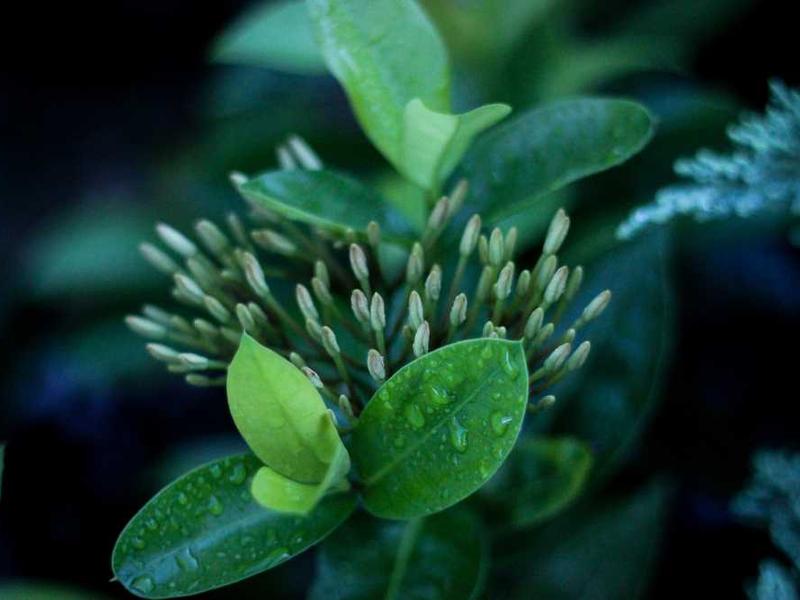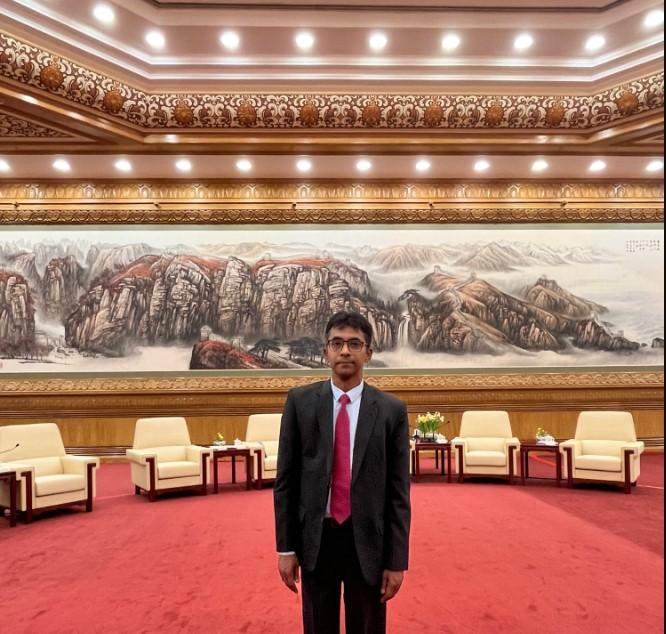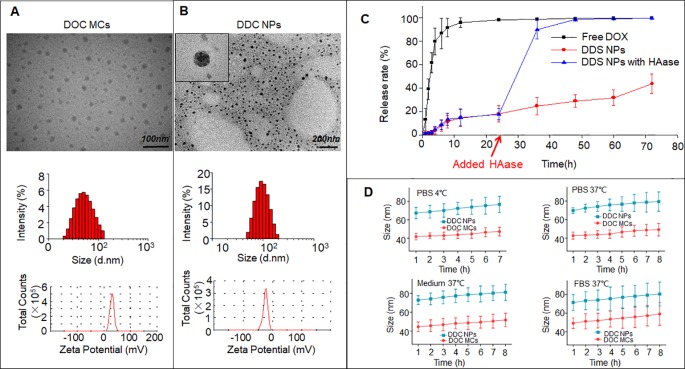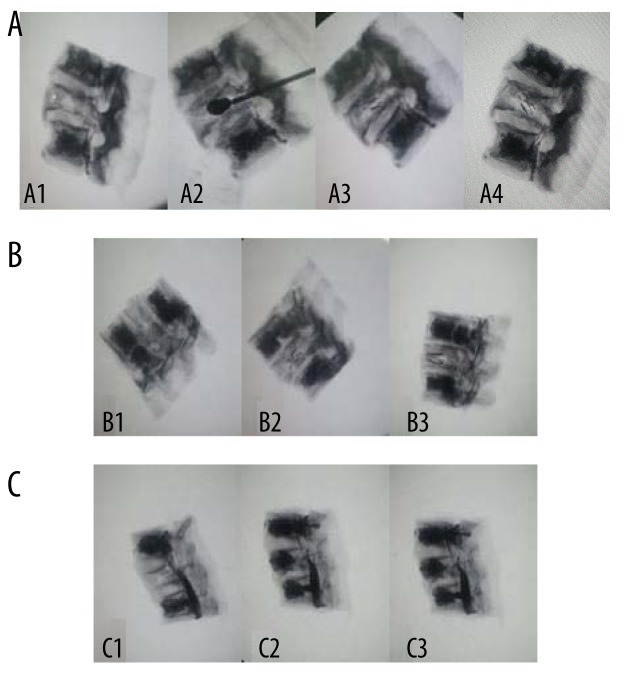Combining Traditional and Modern Medicine: My Approach to Treating Pancreatic Cancer
Medical Education

Pancreatic cancer is one of the most aggressive and challenging cancers to treat, often diagnosed in its advanced stages and associated with a low survival rate. Over the years, advancements in modern medicine have led to improved diagnostic techniques, surgical procedures, and targeted therapies. However, as both a medical professional and a believer in holistic healing, I have come to understand the value of integrating traditional medicine with modern approaches to offer a more comprehensive and personalized treatment plan for pancreatic cancer.
Understanding the Challenge of Pancreatic Cancer
Pancreatic cancer is notoriously difficult to detect early. Its symptoms are often vague—such as abdominal pain, weight loss, and jaundice—and may be attributed to less serious illnesses. This delay in diagnosis means that, in most cases, the cancer has already spread beyond the pancreas. Standard treatments include surgery (when possible), chemotherapy, radiation therapy, and more recently, immunotherapy and precision medicine.
Despite these options, outcomes remain poor for many patients, leading us to ask: What more can we do?
Why Combine Traditional and Modern Medicine?
Modern medicine focuses on eradicating cancer cells and prolonging life through scientifically tested methods. However, it can also bring harsh side effects—fatigue, nausea, compromised immunity, and mental stress. Traditional medicine, including herbal remedies, acupuncture, dietary therapy, yoga, and meditation, has long been used in various cultures to improve overall well-being.
Combining these approaches does not mean choosing one over the other; rather, it’s about creating a collaborative treatment framework that treats the disease while also supporting the mind, body, and spirit.
My Integrated Approach
- Modern Diagnosis and Treatment as the Foundation: The cornerstone of my approach is evidence-based modern treatment. Accurate diagnosis through imaging and biopsy, followed by chemotherapy, radiation, or surgery (depending on the stage), is always the first step. I work closely with oncologists to ensure that every patient receives the most appropriate standard care.
- Nutritional Therapy from Traditional Systems: In many traditional medical systems such as Ayurveda and Traditional Chinese Medicine (TCM), food is considered medicine. I incorporate anti-inflammatory and immune-boosting diets rich in antioxidants, turmeric, ginger, green leafy vegetables, and whole grains to support the patient’s strength during chemotherapy.
- Herbal and Natural Supplements: Under strict supervision and with careful research, I sometimes include herbal supplements like curcumin (from turmeric), ashwagandha, or milk thistle, known for their potential anti-cancer properties. These are introduced only after ensuring they don’t interfere with ongoing medications or treatments.
- Mind-Body Practices: Stress has a direct impact on a patient’s recovery journey. I encourage meditation, breathing exercises, and yoga to promote relaxation, reduce anxiety, and enhance mental clarity. This improves not just quality of life but can also positively affect treatment response.
- Acupuncture and Pain Management: For patients dealing with chronic pain, nausea, or neuropathy due to chemotherapy, acupuncture can offer substantial relief. It is a non-invasive option that many patients find comforting and effective.
- Spiritual and Community Support: Healing is not just physical—it’s emotional and spiritual. I advocate for patients to engage in spiritual practices, community healing circles, or counseling sessions. Emotional resilience often plays a crucial role in how a patient copes with the disease.
The Benefits of a Combined Approach
Patients treated with an integrated approach often report better symptom management, reduced side effects, and an improved sense of control over their healing process. Most importantly, it allows them to maintain dignity and hope during a time that is often filled with uncertainty.
Conclusion
While modern medicine provides the tools to fight pancreatic cancer at the cellular level, traditional medicine supports the patient as a whole person. By combining both, we offer a more compassionate, personalized, and potentially more effective path to treatment. As we continue to advance in medical science, the future of cancer treatment should embrace both the ancient wisdom of healing and the cutting-edge innovations of modern therapy—for they are not opponents, but allies in the fight against cancer.



